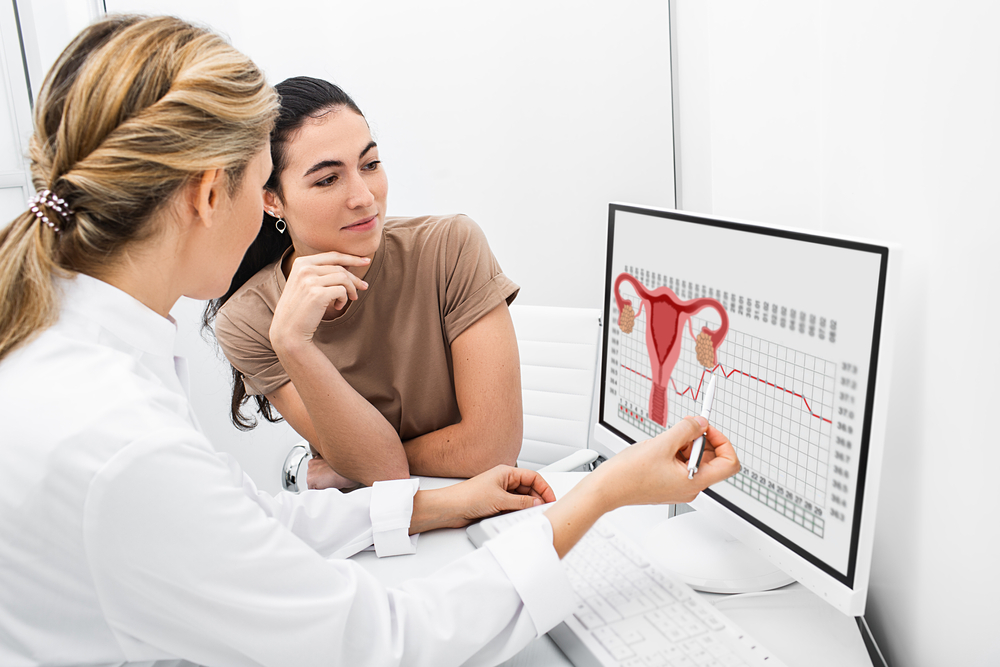
Reproductive Health Educators
Elevating adoption from a Biblical and Christian perspective
Reproductive Health Educators
A Reproductive Health Educator (RHE) is health education professional with a focus on reproductive health. An RHE typically serves in a Women’s Clinic, Pregnancy Center, or Prenatal Clinic.
An RHE is part of a larger reproductive health team that may include ObGyns, nurses, doulas, social workers, counselors, and/or other pregnancy advocates.

What do Reproductive Health Educators do?
Reproductive health education is the primary service provided by an RHE. RHEs help individuals understand the concepts, options, and resources related to their reproductive health.
They create awareness of reproductive health issues and concerns and empower women with insights and questions to explore with their medical professionals in greater depth.
Reproductive Health Educators educate their clients, advocate for their clients, network for their clients and provide referrals that equip their clients for comprehensive reproductive health education.

What does Reproductive Health Education include?
- Anatomy and Physiology
- Fertility Awareness Methods
- Contraception
- Sexual Health and Education
- Pregnancy and Childbirth Education
- Ethical & Legal Aspects of Reproductive Health
- Cultural and Social Influences on Reproductive Health
- Counseling and Communication Skills
- Adolescent Reproductive Health
- Infertility and Assisted Reproductive Technologies
- Reproductive Health Across the Lifespan
- Public Health and Reproductive Health Education
- Abortion and Reproductive Choices
- Trauma-Informed Reproductive Care

What are the limitations of Reproductive Health Educators?
RHEs are not licensed medical professionals. They provide education and support;
however, they are not equipped to provide diagnoses, prescriptions, or recommend
medical treatments.
